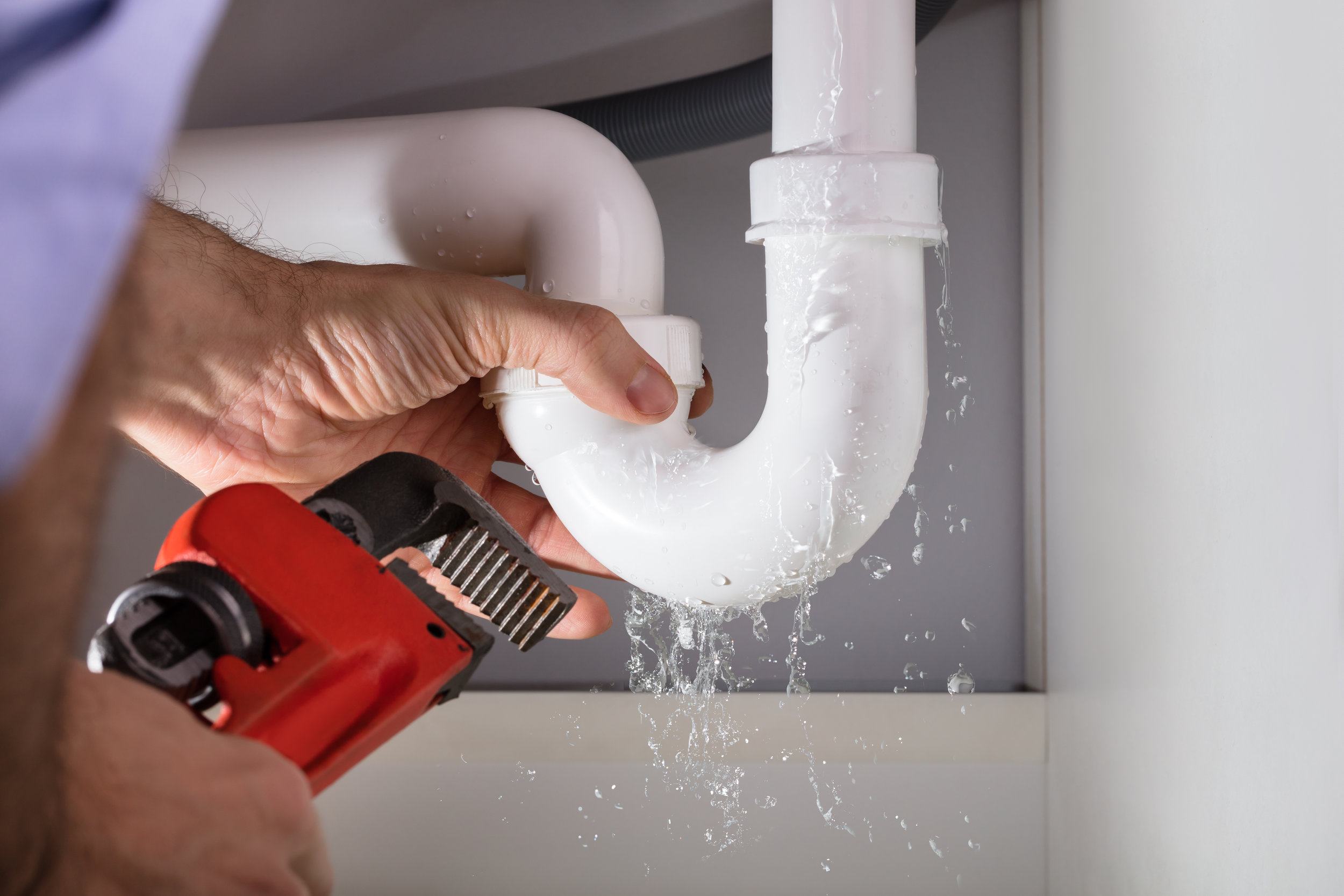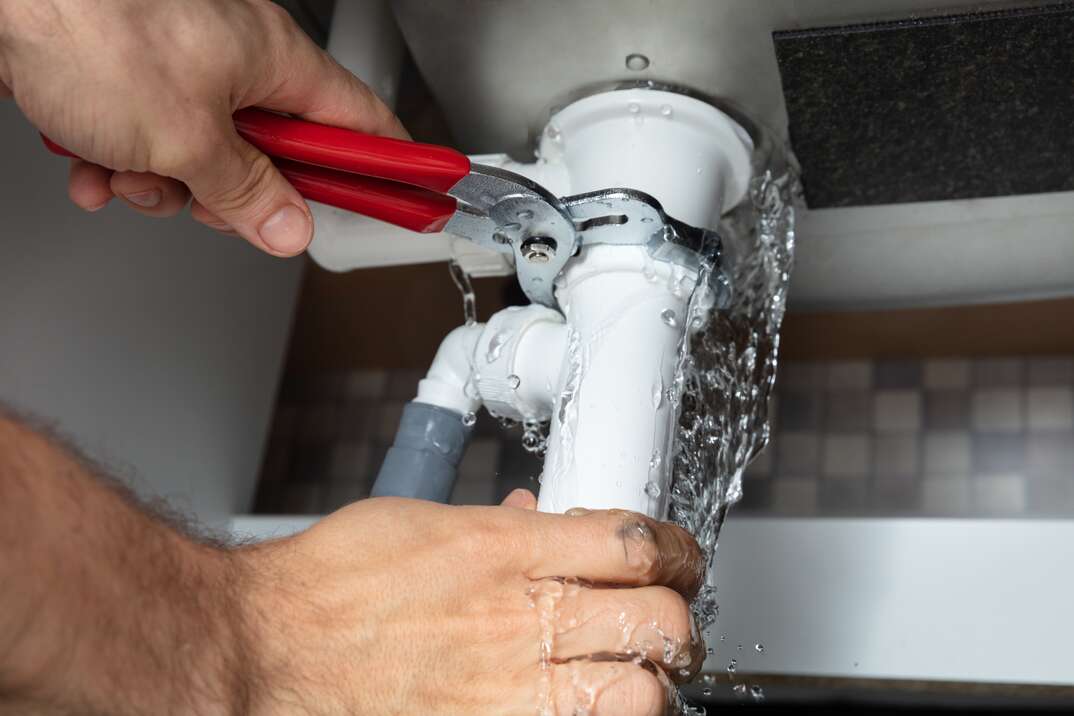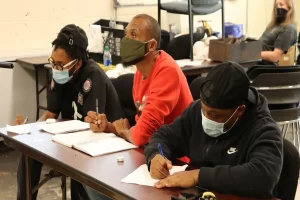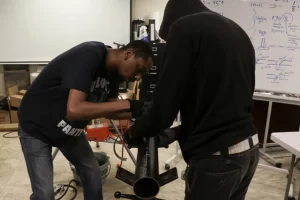
As a homeowner, it’s important to understand the potential damage from a leak. If left unrepaired, it can result in wastewater – encouraging unwanted growth and smells in your home. However, preventing this kind of damage isn’t always straightforward (especially for homeowners with little to no plumbing experience).
A big reason for this is you can’t see most of the pipework in your home, so you may not always know when a leak is present. However, by understanding and recognizing the 10 most common causes of a leak, you can contact a plumber early and fend off potential disaster.
1. Broken Seals
Not all plumbing consists of metal pipes. When appliances are installed, a contractor places rubber sealant around any connections or areas like your dishwasher door to keep everything watertight. As your appliances age, the sealing can degrade and even break over time. If you’ve noticed condensation on your appliances or puddles near them, you may have a broken seal.
2. Clogged Lines
While a clog may not seem like an urgent threat, some can lead to overflowing or even burst pipes. This causes pressure to build up behind the blockage, potentially leading to structural damage. And if a clog consists of corrosive substances like household chemicals, it can speed up the damage to your pipes.
You can prevent clogs from forming in your pipes by installing hair traps and monitoring what you let flow down the rain. Obstructions in air handler drain pans and in your gutters can also lead to clogs. To prevent this, keep your gutters and HVAC system clean from debris.
3. Corrosion
As your plumbing system ages, rust and other forms of corrosion can eat away at the pipes in your home and eventually create an opening for water to escape through. If your home is older and you develop leaks, it might be time for an upgrade. While brass pipes can last as long as 70 years, galvanized steel can start to fail around 20 years. Your pipes can also develop corrosion if your water’s pH and mineral content are imbalanced.
4. Incorrect Pipe Laying
Plumbing systems, especially in new homes, should always be handled by a professional. Many of the leaks that lead to emergencies occur due to incorrect pipe laying. Because plumbing systems require water to flow against gravity, it’s important that pipes and connectors are laid property and backflow devices are used as needed. If you suspect that your plumbing was laid improperly, we recommend contacting a reputable plumber to assess your system.
5. Damaged Pipe Joints
One of the most vulnerable areas of a pipe is its joints. Joints consist of separate curved pieces attaching to straight pipes on either side and are responsible for redirecting water throughout your home.
Over time, extreme temperatures and excess water pressure can be hard on pipe joints – causing them to deteriorate. If pipes are making a ticking or banging noise (especially when you’re running hot water), chances are that you’re experiencing joint issues.
6. Underground Movements
The growth of tree roots, flooding and even small earthquakes can shift the placement of your pipes. As the ground moves, your pipes can twist, bend, crack or separate altogether – causing underground leaks. If you notice slow draining or problems with your water supply, underground movements (or shifted joinery) could be the issue. To avoid repairs, it’s important to hire a plumber to inspect and maintain your underground pipelines.
7. High Water Pressure
High water pressure can feel amazing in the shower, but the harder your water hits the inside of your pipes, the greater your risk of eventual leaks. In extreme cases, incorrect pressure can cause pipes to burst. Most pipes and faucets can only withstand water pressure of 60 psi. If you’re concerned about your pressure or have noticed leaking, have a licensed plumber test the pressure and make any adjustments.
8. Intruding Tree Roots
Some of the most common water leaks can actually start outside the home rather than indoors. Tree roots can interfere with water lines, causing moisture to seep out into your yard. If you notice any wet patches of yard, sinkholes, a sudden drop in water pressure or have trees growing very close to your home, it’s wise to have a plumber check for intruding roots.
9. Loose Water Connectors
Sometimes, hoses and pipes that supply water to your appliances become loose. This often occurs due to the shifting or movement and can result in a leak. As an example, your washing machine hose may spring a leak due to shaking during the spin cycle. If you notice water running directly from the supply line or forming puddles around the appliances, you likely have a loose or damaged water connector.
10. Fixture Cracks
If you notice leaking, a faucet or the pipes connected directly connected to it may have developed cracks. This typically occurs due to physical impact such as someone tripping and catching themselves on the faucet. It can also occur out of sight (like under a sink) due to repeated items being forced into the cupboard. If you notice any damage to a fixture or its surrounding pipes, it’s best to contact a plumber to check for issues as soon as possible.













 Weak Water Flow
Weak Water Flow A Wobbly Toilet
A Wobbly Toilet